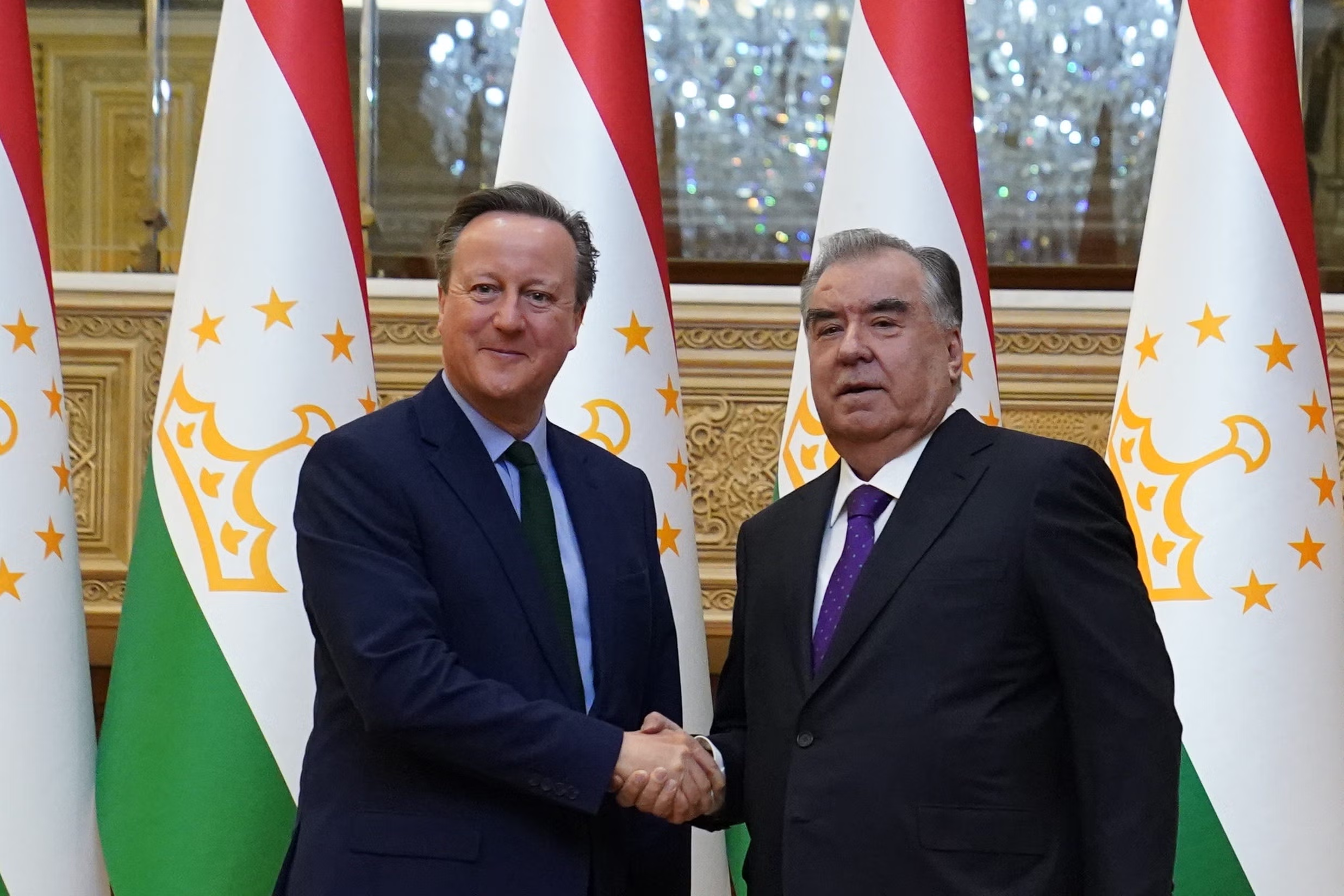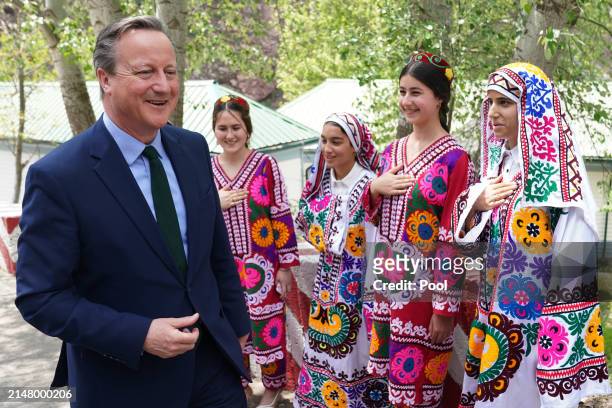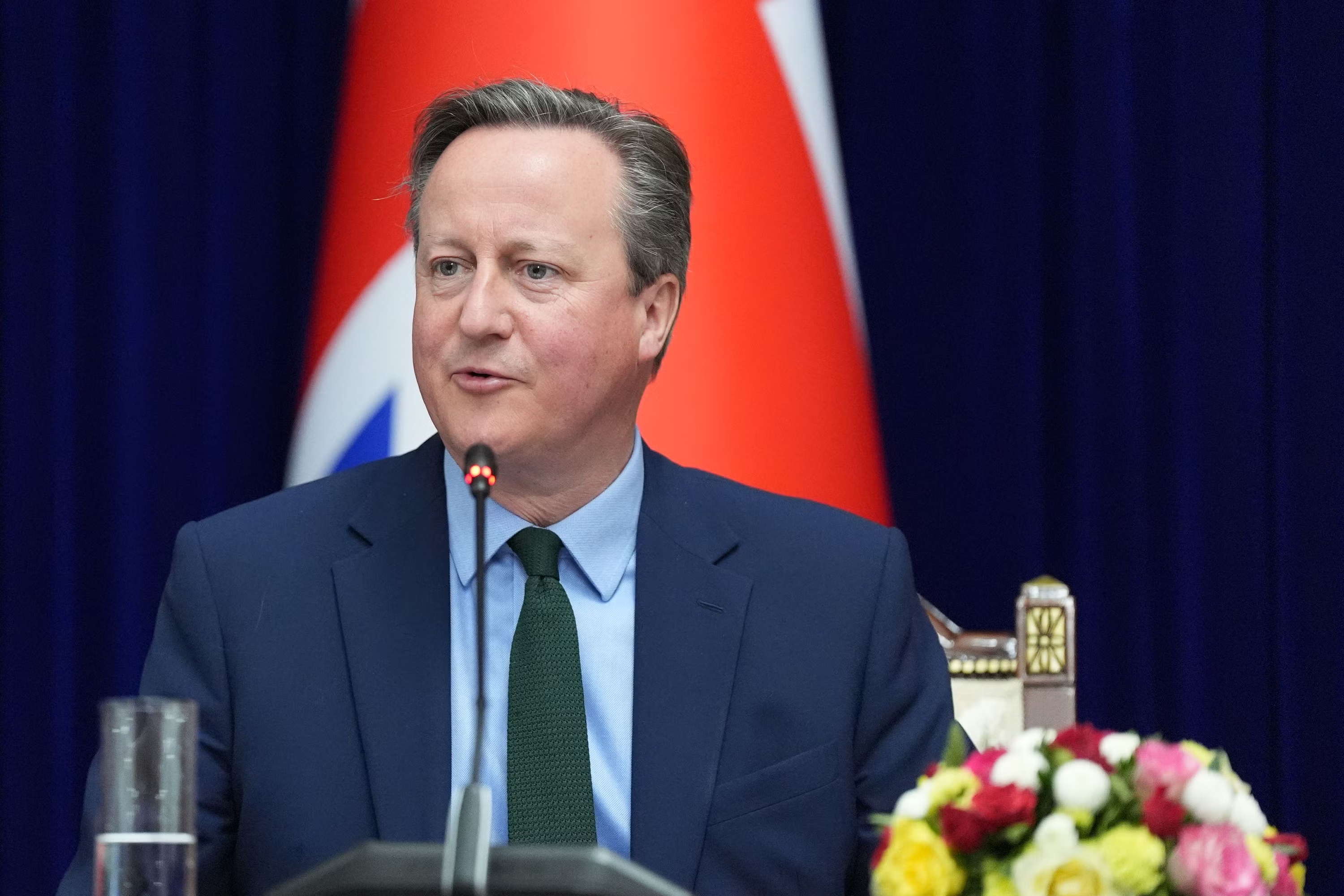British Foreign Secretary Lord David Cameron embarked on a diplomatic journey spanning five days across Central Asia. This strategic mission aims to rejuvenate UK relations with the region following a critical report issued last November by the Foreign Affairs Committee of the UK Parliament. The report highlighted persistent inadequacies in the UK's ministerial engagement with Central Asian governments, leading to perceptions of a "lack of seriousness" on the part of the British government.

Cameron's itinerary includes visits to Tajikistan, Kyrgyzstan, Uzbekistan, Turkmenistan, and Kazakhstan, as well as Mongolia. Notably, this tour marks several historic firsts, as Cameron becomes the inaugural British top diplomat to visit Kyrgyzstan, Tajikistan, and Turkmenistan. Moreover, his visit to Uzbekistan holds significance as the first of its kind since 1997. Additionally, Cameron's presence in Mongolia at this level marks a milestone, as no British official of his stature has visited the country in over a decade.
The timing of Cameron's visit to Central Asia coincides with Russia's attempts to maintain shadow trading with the region, circumventing Western sanctions to support its war economy. This presents a delicate diplomatic challenge for Cameron, who must navigate this sensitive matter while fostering productive engagements with Central Asian leaders.

During his visit to the Ata-Beyit memorial in Kyrgyzstan, Cameron expressed Britain's commitment to collaborating with Central Asian countries to curb the circumvention of sanctions in export and re-export to Russia. He proposed discussions on a "common high-priority list" of Western items crucial to Russian weapons systems, aiming to prevent the indirect bolstering of Russia's military capabilities through trade.

In talks with leaders across the region, Cameron will prioritize advancing discussions on sanctions circumvention, human rights, and reform. The British Foreign Office emphasized Cameron's intent to address these critical issues and foster constructive dialogues to strengthen bilateral ties.
Cameron's engagement with Central Asia occurs against the backdrop of intensified competition for influence and economic partnerships in the region. As countries like China, the US, Turkey, and European nations vie for closer ties, Cameron seeks to reinforce Britain's presence and deepen collaboration with Central Asian states.
As part of Britain's engagement strategy, Cameron announced significant initiatives aimed at bolstering education and development in Central Asia. Doubling funding for Chevening scholarships and unveiling a £50 mn development spending package underscore Britain's commitment to nurturing talent and fostering socio-economic progress in the region.
Follow Daryo's official Instagram and Twitter pages to keep current on world news.
Comments (0)